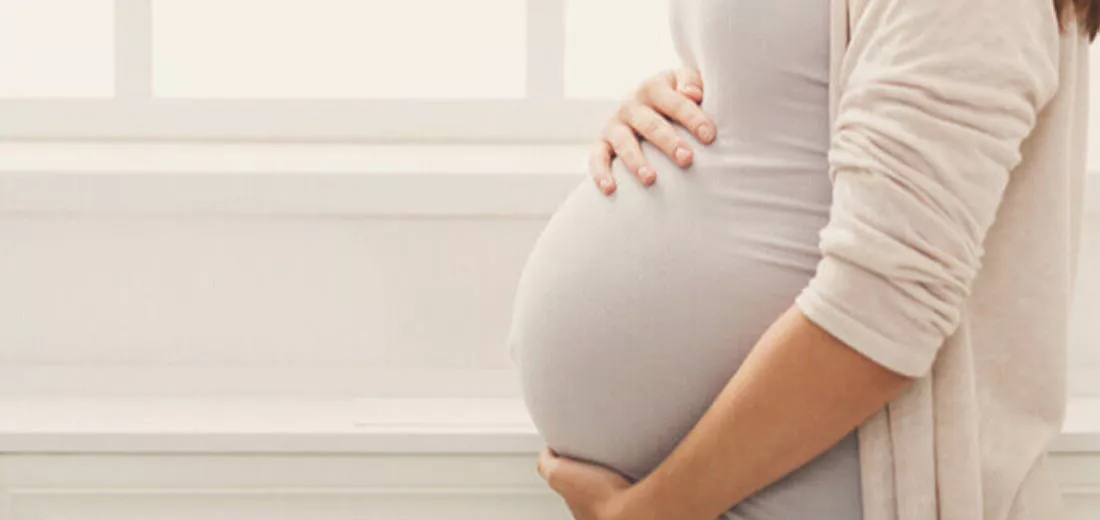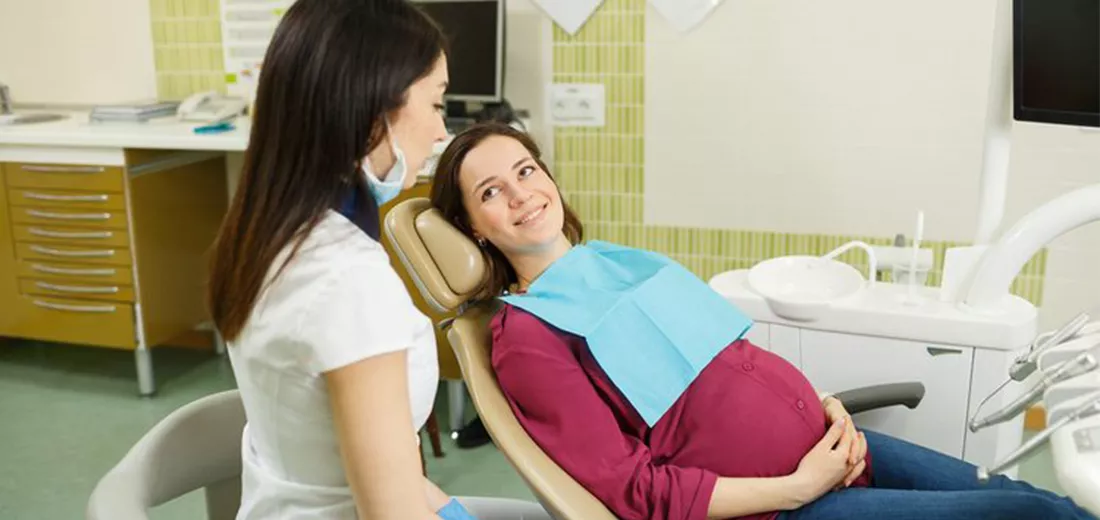Diets for pregnant women depend on the same basic principles of healthy fats, good proteins and plenty of fruit and vegetables. However, there are no strict guidelines or absolute ways to achieve a healthy pregnancy diet
Nutrients that require special attention for a healthy pregnancy diet:
1) Folic and Folate acid prevents birth defects
As a B vitamin, Folate prevents neural tube defects, serious abnormalities of the spinal cord and brain.
Folic acid is found in fortified foods. It is mainly a synthetic form of folate. This has been known to decrease the risk of premature birth.
Requirement: 400 to 1,000 micrograms a day of folate or folic acid before conception and throughout pregnancy
Source: Fortified cereals, leafy green vegetables, citrus fruits, beans and peas are good sources of naturally occurring folate.
Taking a prenatal vitamin daily three months before conception helps ensure you get enough folate in your system. A daily vitamin supplement with folic acid is essential for all pregnant women.
2) Calcium for strong bones
Calcium is essential for both- the baby and the mother for strong bones and teeth. It also helps the muscular, nervous and circulatory systems to function properly.
Requirement: 1,000 milligrams a day; pregnant teenagers need 1,300 milligrams a day
Source: Dairy products are the best absorbed sources of calcium. Non Dairy sources include broccoli and kale. Often, juices and cereals have high amounts of calcium too.
3) Vitamin D for bone strength
Vitamin D further promotes the development of the baby’s bones and teeth
Requirement: 600 international units (IU) a day
Sources: Fortified milk, orange juice and fatty fish, such as salmon, are a great source of vitamin D.
4) Protein to promote growth
Protein is extremely important for the baby’s growth and development throughout pregnancy.
Requirement: 71 grams a day
Source: Lean meat, poultry, fish and eggs are great sources of protein. Beans,nuts seeds and soy products are also a source of protein.
5) Iron to prevent deficiencies and anemia
Iron is essential to maintain hemoglobin in the body which is a protein in the RBCs that carry oxygen to the tissues. Hemoglobin requirement during pregnancy doubles as your body needs this iron to make more blood to supply oxygen to the baby.
Diets that aren’t rich in iron can cause anemia resulting in the mother going through extreme fatigue. Severe iron deficiency can also cause premature birth, baby’s birth weight being low and also postpartum depression.
Requirement: 27 milligrams a day
Source: Lean red meat, poultry, and fish are good sources of iron.
Prenatal vitamins typically contain iron. In some cases, pregnant women might need a separate iron supplement.
Iron from meat consumption is mostly absorbed. To enhance the absorption of iron from plant sources and supplements, it is important to pair them with vitamin C-rich foods and drinks. If iron supplements are taken with orange juice, calcium-fortified supplements need to be avoided as calcium can decrease iron absorption.
6) Supplements are essential!
Even with a healthy diet, it is easy to miss out on key nutrients. A daily prenatal vitamin, 3 months before conception can fill that need gap. Doctors do provide special supplements in cases where the mother follows a vegetarian diet or suffers from a chronic health condition. Herbal supplements need to be checked with the best obstetrician & gynecologists in Bangalore as some can cause harm to the pregnancy
For any consultation or treatment related to pregnancy, you can visit the best obstetrics & gynaecology hospital in Bangalore








